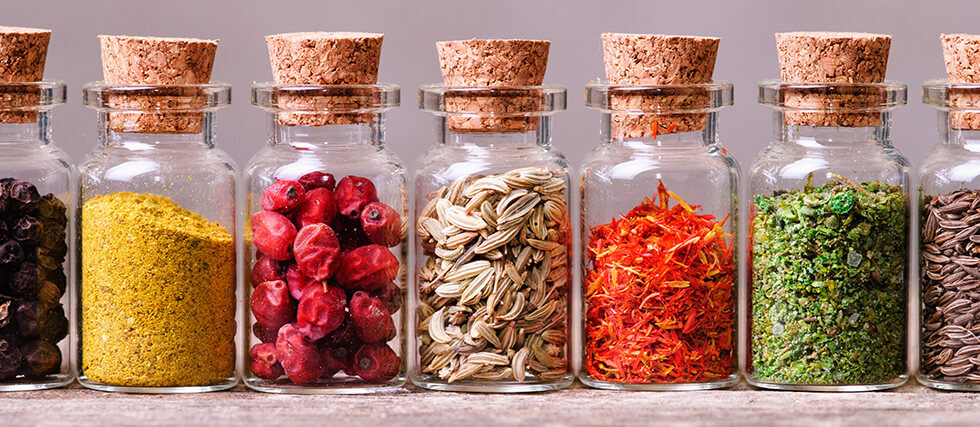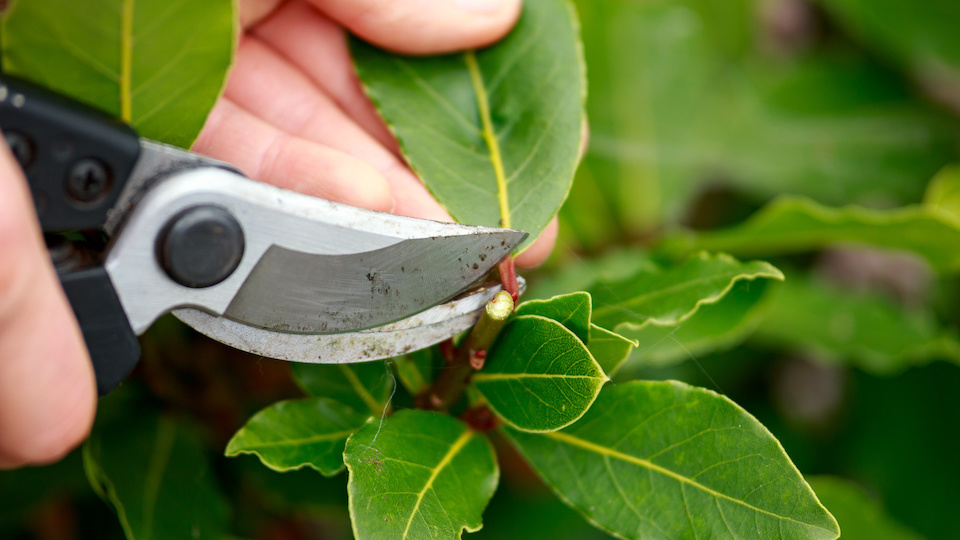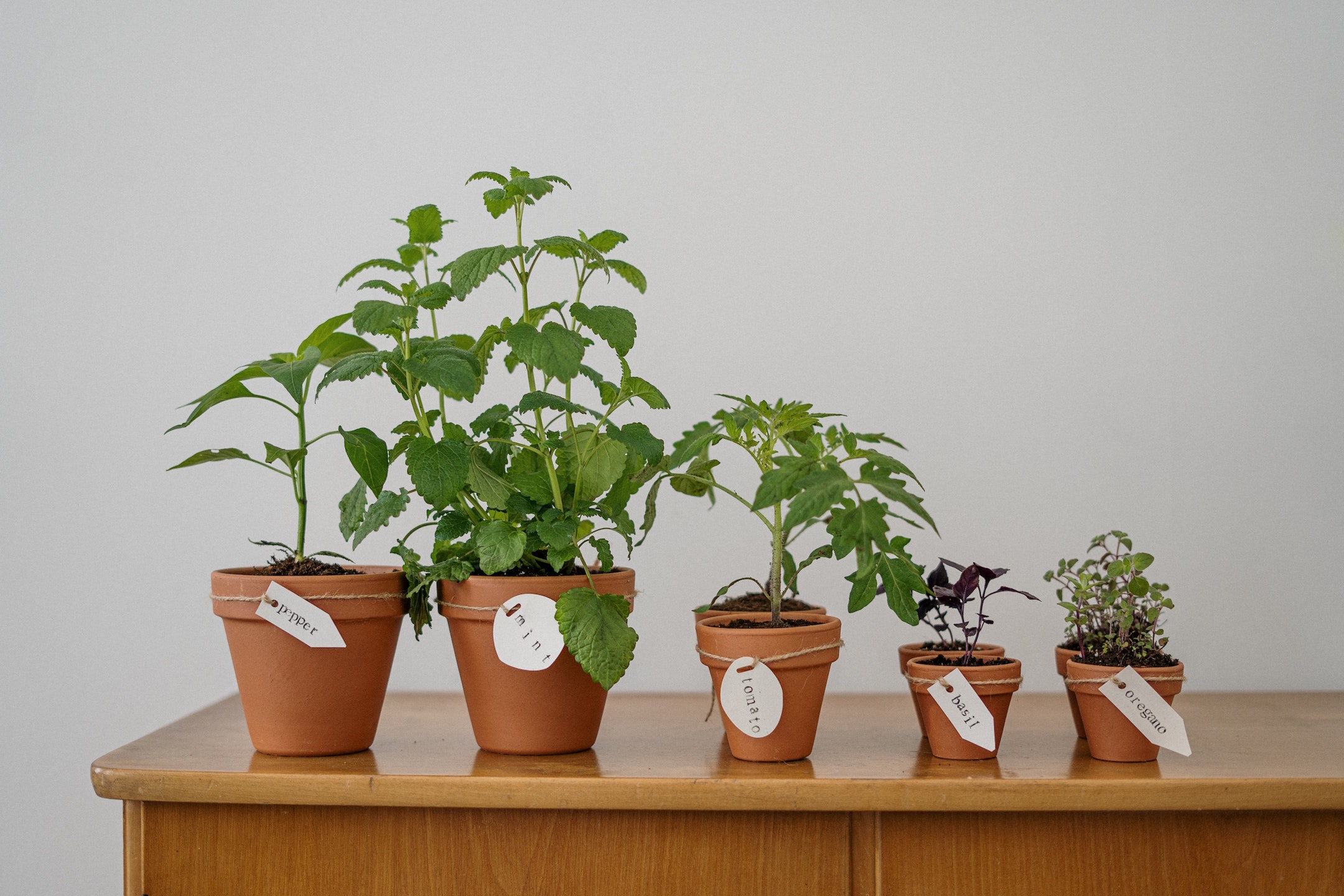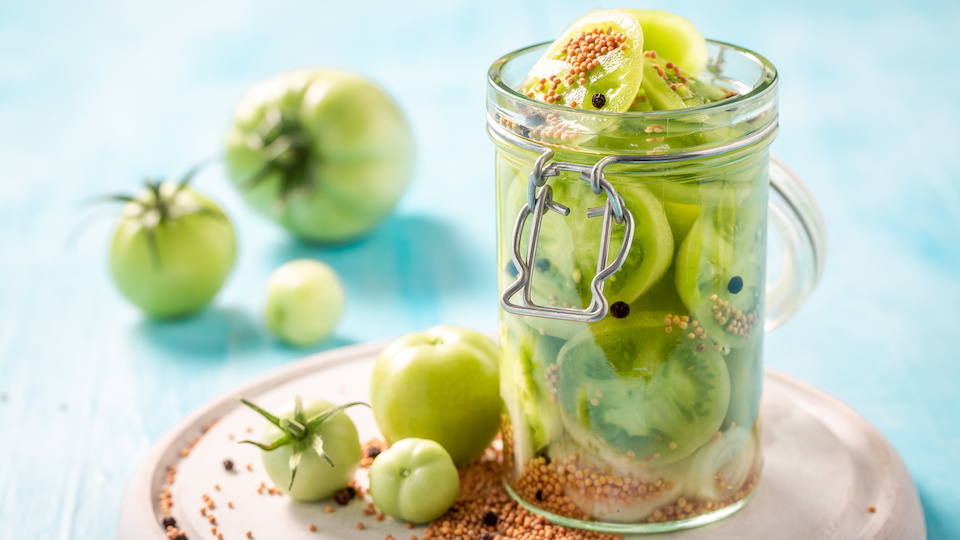When Is It Time to Throw Away Spices?
Spices don’t spoil the same way milk or meat do—but that doesn’t mean they last forever. Over time, spices lose their potency, aroma, and flavor, making your meals taste dull or flat. So how do you know when it’s time to toss them?
First, check the expiration date on the label. While most dried spices don’t become harmful after that date, they do start to lose their vibrancy. Ground spices typically stay fresh for about 2–3 years, while whole spices (like peppercorns or cinnamon sticks) can last 3–4 years. Herbs like basil, oregano, or parsley have a shorter shelf life, often around 1–2 years.
The best way to judge? Use your senses.
Open the jar and give it a good sniff. If the scent is faint or nonexistent, it’s likely lost its kick. Rub a bit between your fingers—if the color looks faded and the flavor is weak, it’s time to say goodbye.
Storage matters too. Spices last longest when kept in airtight containers, away from heat, light, and humidity. That means the cabinet above your stove is actually one of the worst spots to store them.
Old spices won’t make you sick, but they will let your cooking down. If you’ve had that jar of paprika since your college days or inherited some thyme from your grandma’s pantry, it might be time for a spice drawer makeover.
Pro tip: Write the purchase date on the bottom of each jar when you buy them, so you’re never left guessing again. Fresh spices = flavorful food. Don’t let expired seasonings rob your recipes of their potential.






